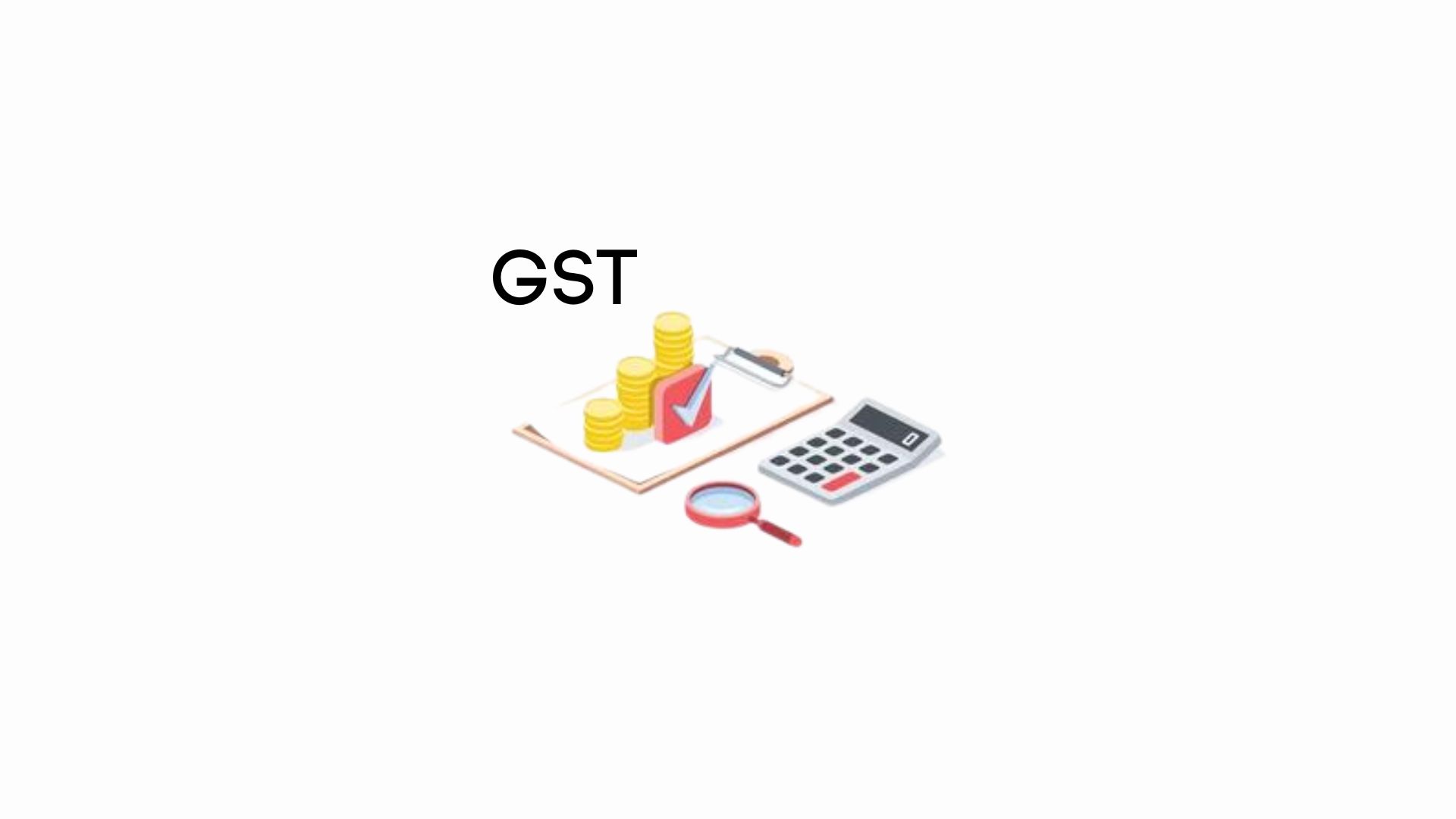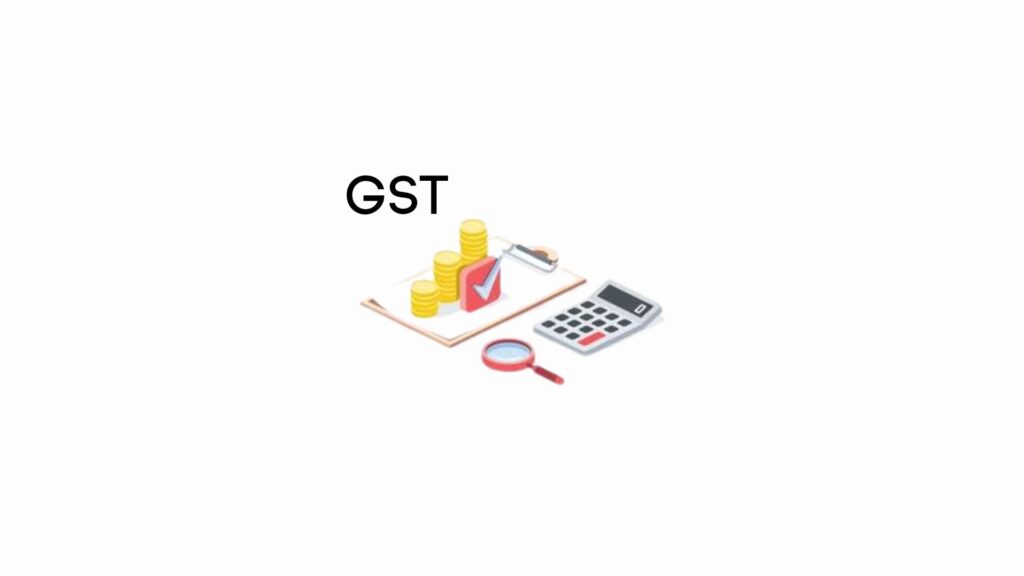
22 Mar Prohibition of Concurrent Proceedings for the Same Period under GST Legislation

Introduction:
In a significant judgment, the Hon’ble Guwahati High Court addressed the issue of whether simultaneous proceedings for the same period under both the Central Goods and Services Tax Act, 2017 (CGST Act) and the State Goods and Services Tax Act, 2017 (SGST Act) are permissible. The court, in the case of Subhash Agarwalla v. State of Assam [Case No. WP(C)/ 683/2024 dated February 12, 2024], ruled that the initiation of proceedings under either the CGST Act or the SGST Act precludes the initiation of parallel proceedings for the same period under the other act. Consequently, any order issued under one act remains suspended until the specified returnable date. This article examines the case of Subhash Agarwalla v. State of Assam, providing insights into its background, the court’s decision, and its implications for the broader landscape of GST law.
Facts:
Subhash Agarwalla (“the Petitioner”) received a Demand-cum-Show Cause Notice dated November 23, 2022 (“the Impugned SCN”) from the SGST Authority under Section 73 of the SGST Act, regarding potential liabilities for the Financial Year 2017-2018. Subsequently, another Demand-cum-Show Cause Notice dated April 27, 2023 (“the Impugned SCN”) was issued by the CGST Authority, covering the Financial Years 2017-2018, 2018-2019 & 2019-2020. Both notices alleged the improper utilization of Input Tax Credit (“ITC”) by the Petitioner, violating Section 16(4) of the CGST Act/SGST Act. Following the Impugned SCN, the CGST Authority issued an Order-in-Original on November 14, 2023 (“the Impugned Order”). Subsequently, the SGST Authority passed its own Order-in-Original on December 11, 2023 (“the Impugned Order”).
Issue:
The primary issue at hand is whether initiating two parallel proceedings for the same period is permissible under GST Law.
Held:
The Hon’ble Guwahati High Court, in Case No. WP(C)/ 683/2024, held the following:
- Noted Section 6(2) of the CGST and SGST Act, which stipulates that once proceedings are initiated under one act, concurrent proceedings for the same period under the other act are prohibited.
- Consequently, the operation of the Impugned Order remains suspended until the returnable date.
Conclusion:
The ruling by the Guwahati High Court establishes a precedent, emphasizing the prohibition of simultaneous proceedings for the same period under the CGST and SGST Acts. This decision reflects the legislative intent to prevent redundancy and ensure an efficient adjudication process. As businesses navigate GST compliance complexities, understanding such legal nuances is crucial to mitigate unnecessary legal complications.


No Comments